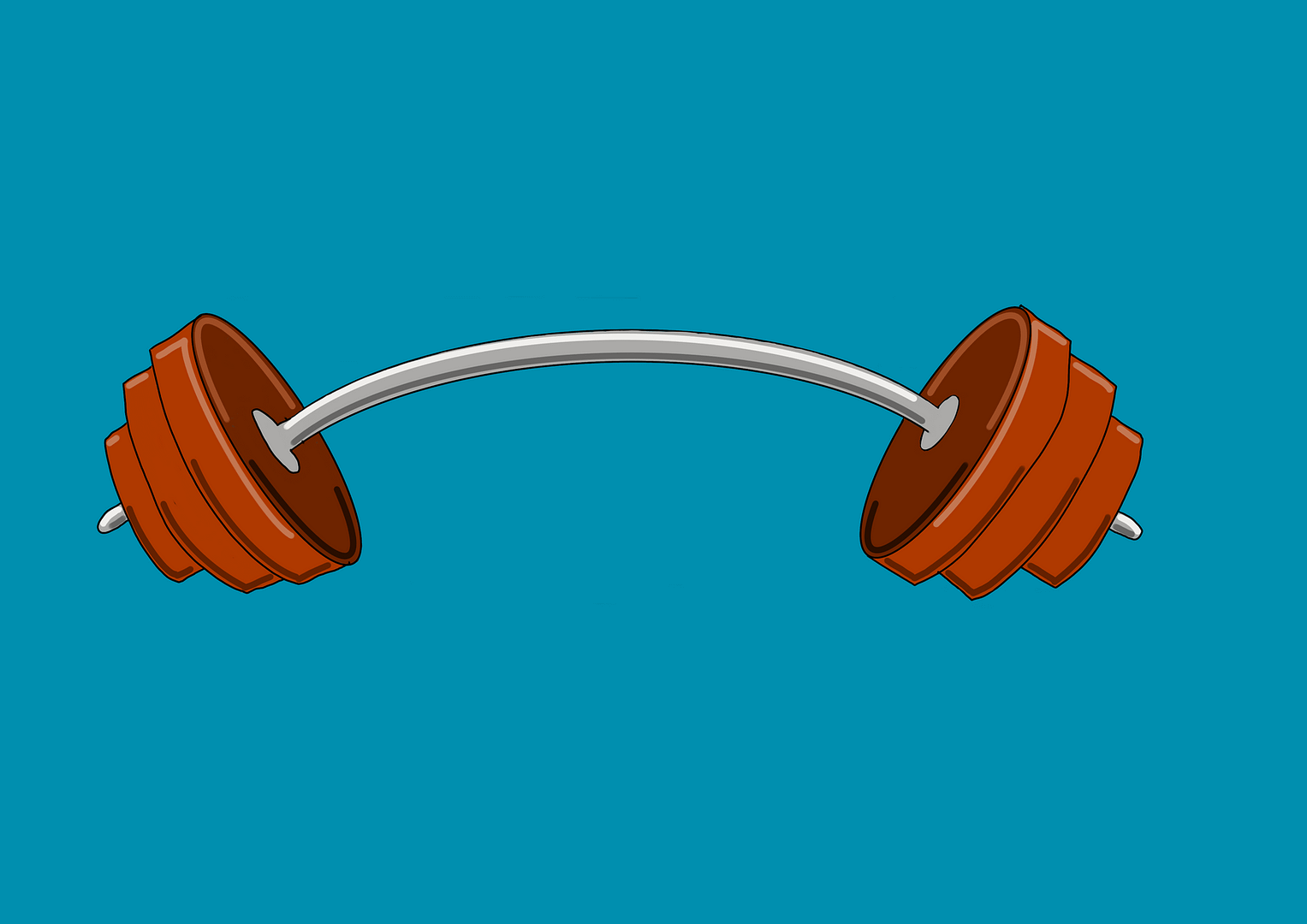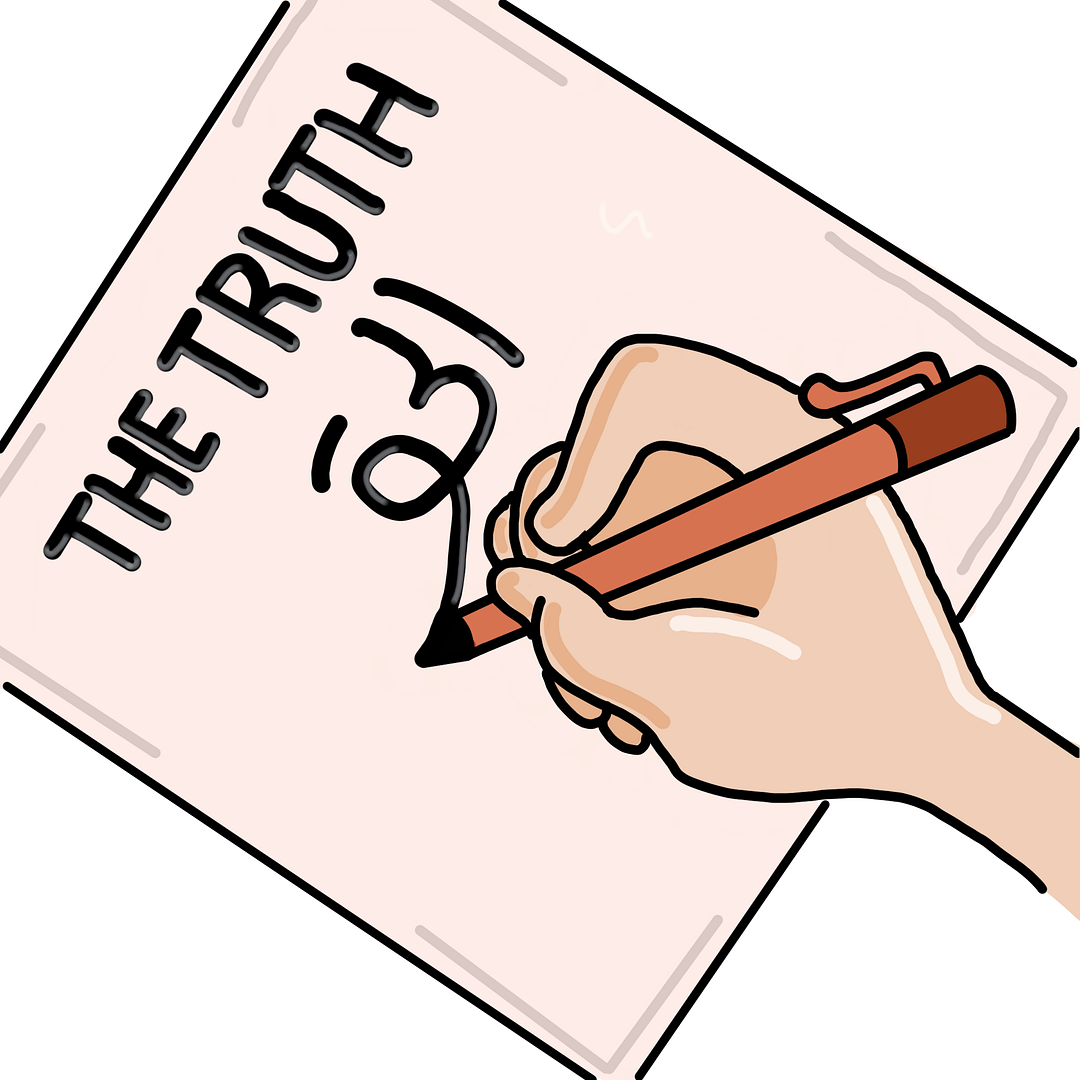First Word (Part 2)
NOTE: The quoted passages are from Ustadh Bediuzzaman’s book and the commentaries below them are my own.
For a man traveling in the Bedouin deserts of Arabia, it is crucial to take the name of a tribe leader and enter under his protection. Thereby, he can escape the dangers of mobsters and attain his necessities. Otherwise, he will suffer greatly on his own against the countless enemies and needs. For a journey of this kind, two men went to the desert. One of them was humble. The other proud. The humble one took the name of a tribe leader. The proud man did not…The [former] who took the name traveled everywhere in safety. When confronted by a mobster, he would say “I am traveling in the name of such-and-such tribe leader”. The mobster would [thus] leave and not do [any] harm. Upon entering a tent, he would be respected by virtue of that name. The other proud man [in contrast] encountered such adversity [that it is] indescribable. He continuously trembled [before everything], and constantly begged [from everybody]. He was both mortified and abased.
Oh my proud soul! You are the traveler. This world, on the other hand, is a desert. Your weakness and poverty are boundless. [While] your enemies and needs are endless. As this is the case, take the name of the Pre-eternal Owner and the Post-Eternal Ruler of this desert, [and] thus be saved from begging the whole universe and trembling before every event.
Yes, this phrase is such a blessed treasure that your endless weakness and poverty bond you to an endless power and mercy, making weakness and poverty a most acceptable intermediary before the door of the Powerful Compassionate One. Indeed, the person who acts by this phrase resembles a man who enrolls in the army. He acts in the name of the government. He no longer fears anybody. He declares the name of the law and the name of the government, [and thus] he performs every duty and resists against every obstacle.
There are two essential needs of the traveler fulfilled through the name of the tribal chief which he travels by. The first is his weakness and weakness against the bandits and criminals, and the second is his poverty. The author uses this analogy to describe our situation as humans and our need for God. Due to the complexity of our nature, we are able to think and feel more than any other being in this world. We feel intimately related to everything that surrounds us. Unlike animals, who only think of the immediate moment; we think about matters far beyond our immediate time and place. While this is certainly a sign of the superiority of humankind, it is also a sign of its weakness. How so? The author elaborates on this matter in the following passages.
A human being, by nature, is immensely weak. Yet everything bothers him, upsets and pains him. Also, [he is] very weak. Yet his adversities and enemies are too many. Also, [he is] immensely poor. Yet his needs are too abundant. Also, [he is] lazy and powerless. Yet the demands of life are quite heavy. Also, humanity has made him connected to the universe. Yet the disappearance and separation of things he loves [and] takes for granted continuously injures him. Also, the mind shows him high purposes and eternal fruits. Yet his hand is short, life is short, power is short, [and] patience is short. (Ninth Word, Fifth Point)
In another passage, he states,
A human being is indigent for and connected to much of the various things of the universe. His needs have spread all over the universe [and] desires have extended to eternity. Just as he wants a flower, he wants an entire spring. Just as he desires a garden, he desires paradise. Just as he longs to see his friend, he longs to see The Beautiful One of Glory. Just as to visit a loved one in some other house, [one] is in need of opening the door of that house; to visit the ninety nine percent of loved ones who have migrated to the Barzakh[1] and be saved from eternal separation, [one] is in need of seeking refuge in the door of an Ultimately Powerful One, [a One] Who will close the door of the enormous earth and open the door of the afterlife, which is a resurrection ground of the extraordinary; [and that Who] will remove the earth and establish and lay the afterlife in its place. (Twenty Third Word, Second Chapter, First Point)
As we can see from the above passages, needs arise from desires; our desires come from the complexity of our nature (and our ability to think). In other words, humans are weaker and poorer than animals; because animals have less intelligence, (and hence) have less desires and, therefore, less necessities. Unlike humans, the only desires of an animal are eating, sleeping, and reproduction. The contrast between human and animal needs is especially true for the people of this age. With the invention of technological devices, people begin to view these devices as necessities of life. This fact highlights and emphasizes the weakness/poverty of humans that is described in this Word.
Comparing a human child to a puppy will allow us to illustrate this poverty and weakness. Looking up at the birds in the sky, the human child might wonder what it’s like to fly. Perhaps, her fascination with flying will turn into a desire. Since she is incapable of flying, her strength and capability fail to fulfill her desires. This portrays her weakness as she is too weak and impotent to carry out her aspirations. As she is listening to stories, she may imagine herself living in a palace. However, she has no means to make her dreams into reality. In a sense, this makes her “poor”, since her wealth fails to satisfy her dreams. Due to the simplicity of its nature, a puppy will not experience any of these longings. The strength and wealth of a puppy, will for the most part, be able to satisfy the entirety of its desires. In a sense this make it “stronger” and “wealthier” than the human, as it does not feel the deficiency of strength and wealth.
What is meant by necessities is what we view as necessities. We might, for instance, believe that TV is a necessity because we desire it. That being said, necessity is also related to potential. While humans may desire food (because they have the ability or potential to eat), a rock may not have such a desire (since it does not have this ability or potential). While the human child may desire to fly (since she has the ability to wonder about flying), a puppy will not. Now suppose an ocean loses all of its water and is thus completely empty. If we compare this to an empty water bottle, we might (in a sense) claim that the ocean is poorer than the water bottle since a few cups of water is all that a water bottle needs; whereas an ocean “wants” thousands of more cups due to its potential. In other words, the reason why humans are poorer and weaker than all other beings is because God has given humans a potential which He has not given to any other being. Due to this potential, humans desire what other beings do not. However, the wealth and strength of a human is not capable of satisfying these desires (which makes the human both weak and poor).
It is worth noting the definitions of modesty/humbleness and proudness towards God. When a wealthy ruler, for instance, speaks humbly to a servant; he makes sure that his wealth does not influence the conversation. In other words, he descends from his true status of power and appears to be of a lower one. Modesty towards our Creator, on the other hand, means to know and accept ourselves as we are. In other words, we already belong to a low status of infinite poverty and weakness. Being humble means to acknowledge that low status; it does not mean to descend to a lower one. In fact, there is no status lower than infinite poverty and weakness to which we belong to before God. He is our creator and we belong to him. We have no strength or wealth besides what He gives to us. Being proud (towards God) means to falsely assume and pretend to be stronger/wealthier than we are in reality. This can be clearly observed in the given story when the humble man acknowledges the reality and the proud man does not.
The solution to these problems is for the men to seek help from a tribe leader who can put an end to all the results that their weakness and poverty will bring to them. Our situation as humans is similar yet more extreme. Our weakness and poverty have no limit. We, therefore, have no choice but to turn to the only God and plead for help from Him. This is the key to the absolute success; the key that will open the doors to paradise and bring us closer to God. Since saying Bismillah is the first step of turning to Him, the author calls it the “start of all things good”. Acting in the name of God is the first sign of the disappearance of our arrogance and our acceptance of God’s assistance.
Trusting ourselves, refusing to give up our arrogance, and rejecting God’s superiority and assistance will only result in eternal agony and misery. Taking a look at the stories of the Quran, we see that arrogance was the major reason for the devil’s downfall. It was the compelling reason behind refusing to obey God’s command and prostrating before Adam (PBUH). We can also observe this from a hadith of the Prophet Muhammad (ﷺ),
مَنْ تَوَاضَعَ لِلَّهِ دَرَجَةً ، رَفَعَهُ اللَّهُ دَرَجَةً ، حَتَّى يَجْعَلَهُ فِي عِلِّيِّينَ ، وَمَنْ تَكَبَّرَ عَلَى اللَّهِ دَرَجَةً ، وَضَعَهُ اللَّهُ دَرَجَةً ، حَتَّى يَجْعَلَهُ فِي أَسْفَلِ السَّافِلِينَ
Whoever displays a degree of humility for the sake of Allah, Allah will raise him a degree [further in status], until He makes him of the highest [of statuses], and whoever displays a degree of arrogance towards Allah, Allah will lower him a degree [further in status], until He makes him of the lowest of inferiority. (No of Hadith: 11513 الكتب » مسند أحمد بن حنبل » مُسْنَدُ الْعَشَرَةِ الْمُبَشَّرِينَ بِالْجَنَّةِ … » بَاقِي مُسْنَد المُكْثِرِينَ مِنَ الصَّحَابَةِ » مسْنَدُ أَبِي سَعِيدٍ الْخُدْرِيِّ رَضِيَ اللَّهُ )
It is crucial to connect these teachings of Islam to our daily lives, especially in the age where much of the norms in society come from sources other than Islam. In the Western world, for instance, there is an emphasis in trusting ourselves in order to achieve success. Whenever problems arise in our lives, we are told to believe in ourselves and work harder in solving them. Although it is true that we need to perform our duty by working hard, we should be trusting God rather than ourselves. Trusting ourselves means believing in the existence of power within us. This belief becomes an obstacle between us and the true submission to God, the true feeling of weakness and poverty towards God. This concept will be elaborated in later chapters and thus we move on.
Expressing one’s weakness and poverty should only be to the Creator and not the creation. The author mentions this in the seventh word,
Indeed, how can poverty and need become painful and burdensome for the guest of a Bounteous Generous [One] Who makes the entire surface of the earth a table of bounty, and makes the season of spring a handful of flowers, and [Who] places [the flowers] beside that table and sprinkles [them] on top of it? Rather, his poverty and need will take the form of a pleasurable appetite; just like an appetite, it will work to amplify poverty. It is because of this that perfect people[2] have taken pride in poverty. Beware of misunderstanding [this], it means to feel your poverty before God and plead [to Him]. It does not mean to show your poverty to the people and appear like a beggar. (Seventh Word)
Now you might be wondering, why is it that God wants us to feel our weakness and poverty? In other words, it is true that feeling our weakness and poverty are two paths which bring us closer to God because God desired it to be that way; but why did He desire it to be that way? Did He want to teach us something while we’re walking on these paths? We will give a brief insight here about the answer, but unfortunately, the full answer is beyond the scope of this chapter (and probably beyond our capacity as humans). However, the author will elaborate on this and clarify it more in the later chapters.
The author says our weakness and poverty bind us to an infinite power and mercy. Our weakness and poverty allow us to comprehend the power and mercy of God; and the more we feel our deficiency, the more we realize the perfection of God. Put another way, we are able to observe and understand God’s attributes through our deficiencies, which amounts to knowing God and thus drawing closer to Him. In the analogy given above, the humble traveler realizes his deficiencies and relies on a tribal chief. Through this reliance, he observes the power of the chief and the chief’s ability to protect him wherever he is. He realizes the mercy when he is given the necessary food while making his journey. The proud man, on the other hand, fails to realize these, as he is refusing to accept anybody’s help other than his own.
Our situation as humans is very similar. The more we realize our weakness and poverty, the closer we draw to God. In fact, the point given here is not only to know and accept our deficiencies as a fact but to ponder about them and to truly feel them. As humans, it is our poverty which allows us to feel the grace of the Merciful God when we are hungry and He gives us food. It is our weakness which enables us to comprehend the true power of God, when He rotates the earth so we can rest in the dark. Without these deficiencies, it would not be possible to observe these names or attributes of our Lord. If hunger, for instance, did not exist; we would not be able to appreciate the food (and thus observe the mercy of God): we would not know that God is Merciful. It is for this reason that the Qur’an and Hadith continuously instruct the humans to use their intelligence for pondering and reflection as a form of worship. We can also observe this from the hadith
تفكر ساعة خير من عبادة سنة
“Pondering for one hour is superior to a year of worship”
(الكتب » الأسرار المرفوعة في الأخبار الموضوعة ) Hadith no: 140
which encourages Muslims to pay attention to the details of life and to what many other people take for granted.
[1] The Barzakh is an intermediary world between this life and the hereafter. The Barzakh life starts with one’s death and ends with the resurrection (i.e. it is the life in the grave).
[2] Perfect people are those who have reached the highest level of submission to God.



